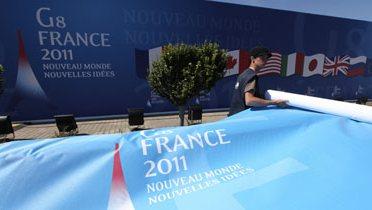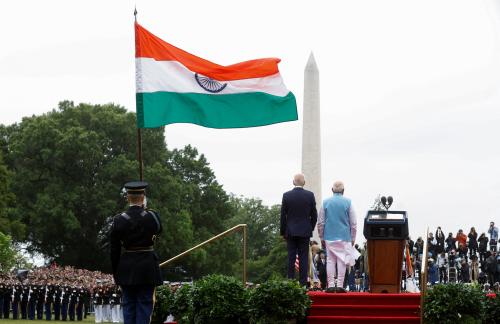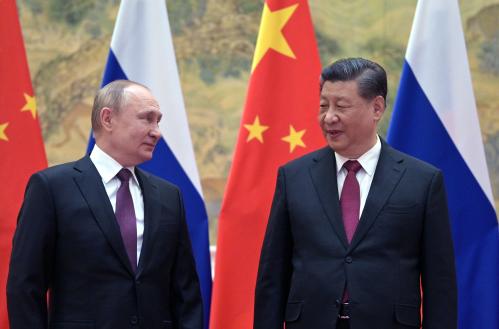EXECUTIVE SUMMARY
On May 26 and 27, France hosts the annual G8 Summit. Although the French have prepared a wide-ranging agenda – covering everything from internet security to the Arab Spring – there is skepticism that the G8 remains relevant in the post-financial crisis world. The G20 has eclipsed it as the primary forum for financial diplomacy, while talks between G8 foreign ministers on Libya this March delivered little.
There are, however, two recurrent arguments for maintaining the G8:
* It acts as an insurance policy for its members against the failure of the G20, a risk highlighted by ill-tempered exchanges over currency issues at the last year’s G20 summit in Seoul.
* It is a useful political club for liberal Western democracies (plus or minus Russia), whereas the G20 contains a less ideologically coherent group of major powers.
This paper argues that neither of these arguments is fully convincing. Although the G20 has lost some of its early momentum as the financial crisis has receded, it has still engineered progress on International Monetary Fund (IMF) reform, monitoring global imbalances and financial regulation. Progress has rarely been smooth, but the overall level of international cooperation involved is still greater than might have been predicted before 2008.
The political argument for the G8 is also problematic. It is not clear that the forum is fully effective in either (i) handling dramatic political events such as those of the Arab Spring or (ii) persuading Russia to deepen its alignment with the Western political system. The persistence of the G8 has been cited as a stimulus for the BRICS (Brazil, Russia, India, China and South Africa) countries to form an alternative caucus of their own. At a summit this April, the BRICS leaders mounted a thinly-veiled attack on NATO’s Libya campaign.
Some Western leaders believe that shifts in the balance of global power actually reinforce the case for a largely Western political forum such as the G8. The most pressing issue is not, in fact, whether to maintain or discontinue the G8, but instead to identify ways to draw non-Western powers into security cooperation. Options for doing so include a more serious American-led push for U.N. Security Council reform, the creation of a forum for G20 foreign ministers to discuss joint threats informally, or issue-specific configurations that bring western and non-western actors together based on interests.





